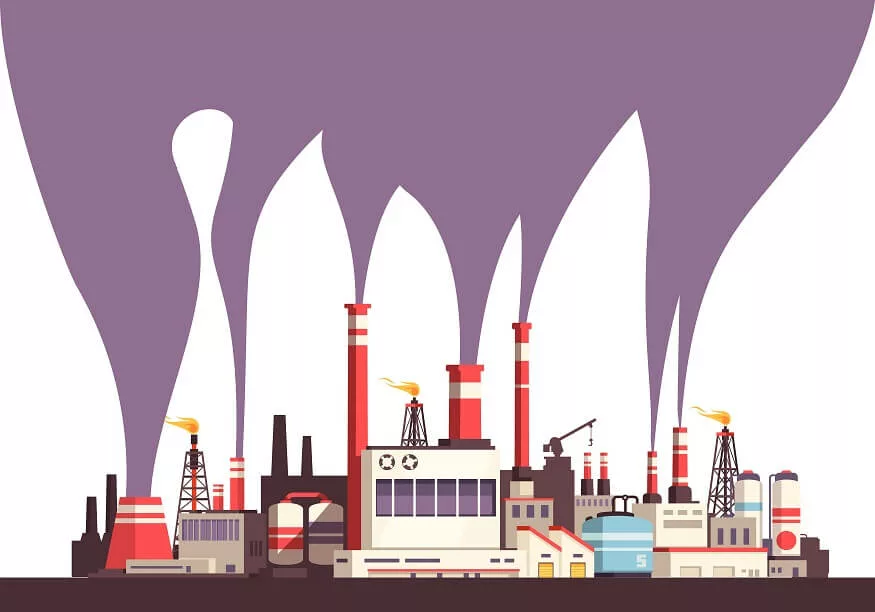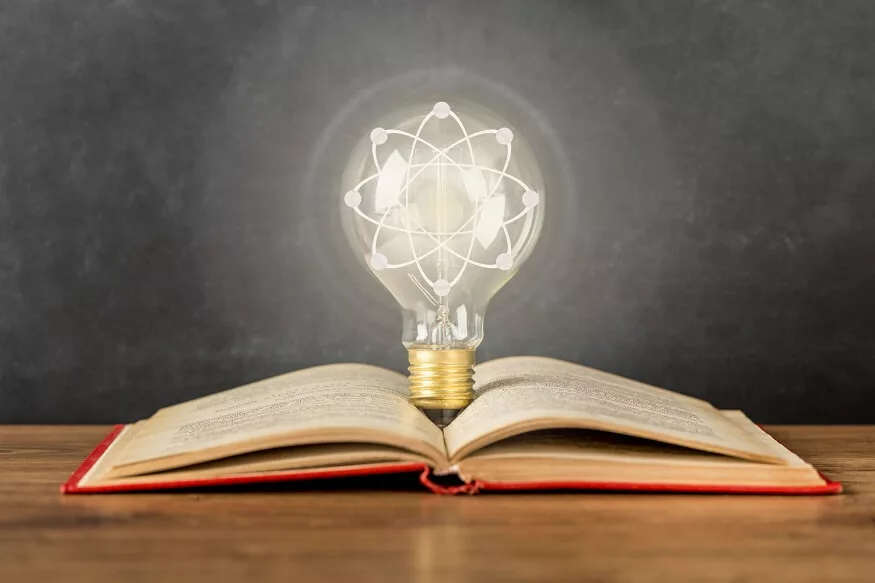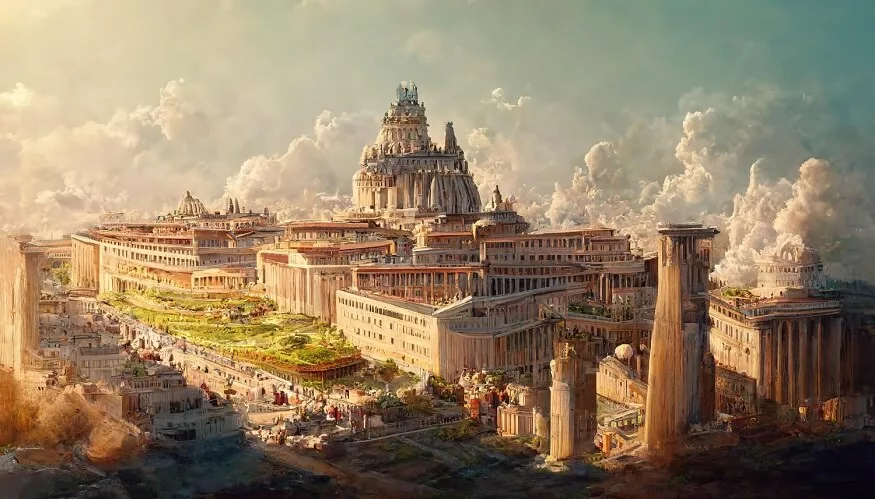The swift technological progress of the industrial revolutions spurred urbanisation, population growth, and better living conditions.
This blog will define the Industrial Revolution and weigh its pros and cons.
The Industrial Revolution, starting in the 18th century in Britain, marked a swift shift from manual to mechanised production through significant scientific and technological advancements. Fundamentally, the Industrial Revolution represented an unprecedented shift from handmade goods to machine production within factories, dramatically altering manufacturing procedures.
The revolution was characterised by the inception of new technologies and machinery – the steam engine, cotton gin, telegraph, and spinning jenny among others, which contributed considerably to manufacturing and transportation capabilities.
Also Read: What is the importance of the history of education?
History of the Industrial Revolution
Steam power, textiles, iron, and mechanised labour fuelled the 18th-century Industrial Revolution. This era marked a shift from manual to machine-based production.
The invention of machinery like the ‘Spinning Jenny’ and the ‘Steam Engine’ enabled large-scale production, increased efficiency and boosted productivity as against traditional practices where goods were produced by hand, in homes or small workshops.
The steam engine, originally designed to pump water from mines, was adapted to power the first steam locomotives and ships, revolutionising travel and trade. The telegraph enabled instant communication over long distances, transforming the way business was conducted.
The Industrial Revolution significantly boosted production per person, lifting living standards for many. However, it also caused overcrowding in cities, tough work conditions, pollution, and political unrest. It ignited movements advocating for labour rights and social reform.
In the late 1700s, Samuel Slater brought British manufacturing to the US, founding the first American cotton mill. Meanwhile, inventors like Alexander Graham Bell and Thomas Alva Edison created new technologies, improving communication and industry. Edison enhanced inventions like the telegraph, light bulb, phonograph, kinetograph, and electric dynamo.
Bell, meanwhile, explored new speaking and hearing technologies and became known as the inventor of the telephone.
Many historians term this era the First Industrial Revolution. The second phase, occurring from the late 1800s to the early 1900s, marked a rapid growth in the steel, electric, and automobile industries.
Pros: By the 1800s, the revolution had spread, causing quick industrial and population growth. New industries like steel, oil, and electricity emerged, pushing society into a modern industrial era.
- Increased productivity
- Birth of capitalism
- Enhanced Connectivity
- Societal Transformation
The invention of new machinery and technology increased the rate of goods production drastically. It also helped in mass production, scaling up the availability of goods which ultimately led to reduced prices, making products more accessible to a broader base of consumers.
With the rise of factories, capitalism took root. Individuals and businesses now owned the capital and the means of production and they made profits by selling the goods produced by the working class.
The profit was then reinvested into expanding and enhancing production, thus enriching the business class and continuing the cycle.
The creation of railroads, steamships, and telegraph systems enhanced the movement of goods, people, and information.
The Industrial Revolution caused many to move from rural to urban areas for better prospects. With the growing demand for skilled labour, it also prompted advancements in education and healthcare.
Also Read: Which country started the Civil Rights Act in 1964?
Cons: Despite its enormous progress, the Industrial Revolution also had some serious downsides.
- Pollution
- Harsh working conditions
- Economic inequalities
- Exodus of worker class
Factories led to extreme pollution, particularly in the form of smokestack emissions.
The thriving industries used coal extensively, creating large amounts of smoke and waste. This heavy pollution harmed the environment, and its impact, seen as the climate crisis, still affects us today.
As economies shifted to industrial production, workers suffered under harsh, unstable, and unsafe conditions. Children and women were often the most exploited, working long hours in exchange for measly wages. Worker safety was essentially neglected, leading to numerous accidents and deaths.
The Revolution transformed economies to accommodate “a world of capitalists on the one hand and wage earners on the other”, widening the gap between the rich and the poor. Businesses could hire workers who would be paid low amounts meant foreign workers poached local jobs at lower wages increasing competition.
The establishment of capitalism resulted in the polarisation of society into the rich capitalist class and the poor working class
As cities started to become the land of opportunities, rural populations witnessed a massive exodus, leading to depopulation and projected stagnation. The agrarian societies that had once thrived were transformed into dying provinces due to growing urbanisation.
The Industrial Revolution sparked significant advancements in various sectors and transformed societies economically and socially. Yet, the perils precipitated by this revolution, particularly the environmental impacts and social inequities, continue to shadow the present and future generations.
Also Read: Why is it Important to Study Ancient Civilisation – Benefits
At EuroSchool, we believe that incorporating the study of the Industrial Revolution into the curriculum provides students with a deeper understanding of the historical forces that shaped Europe and the world. It also encourages critical thinking, empathy, and objectively weighing into the social and ethical implications of industrialization, to find its relevance to contemporary issues.










